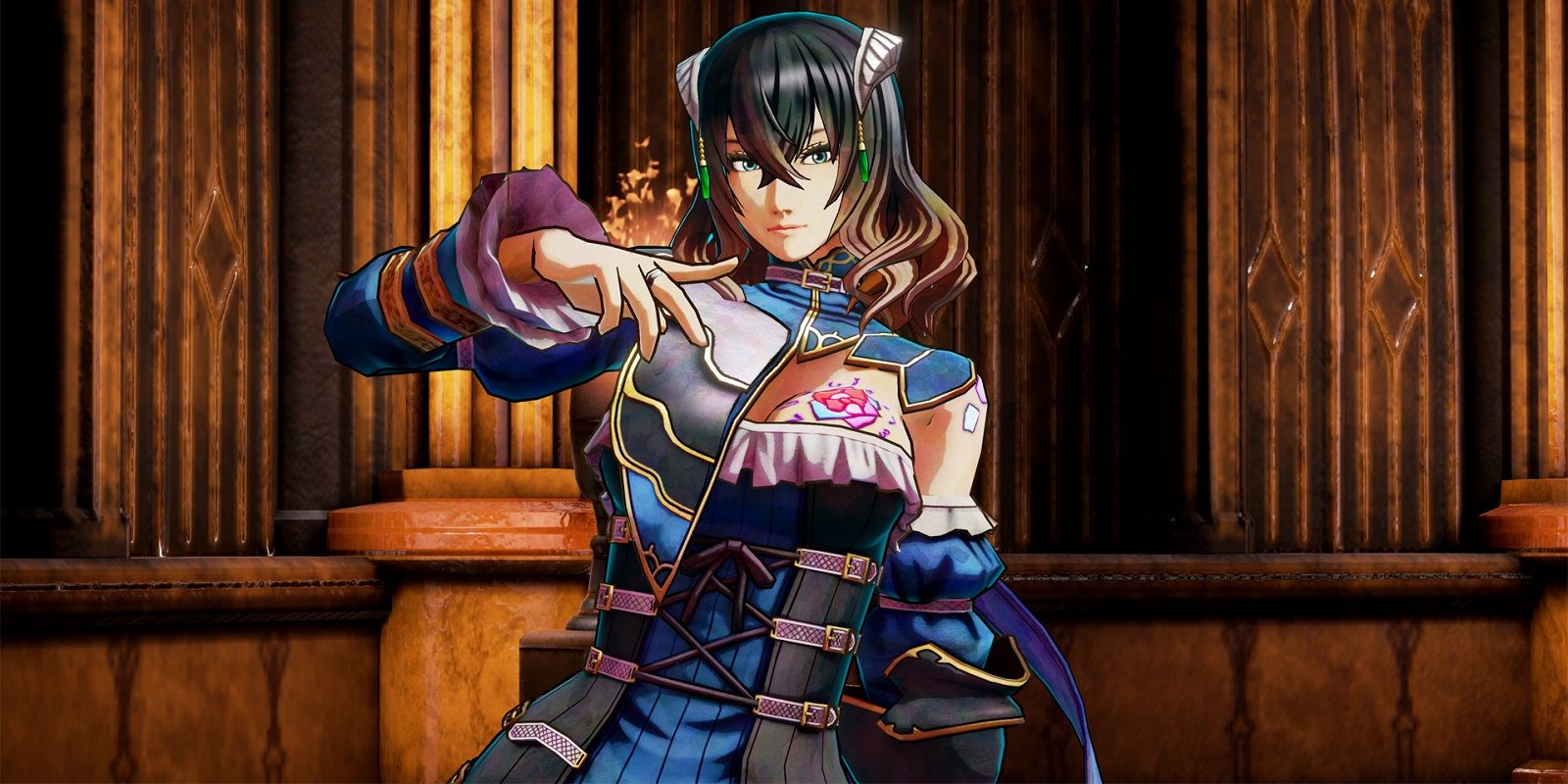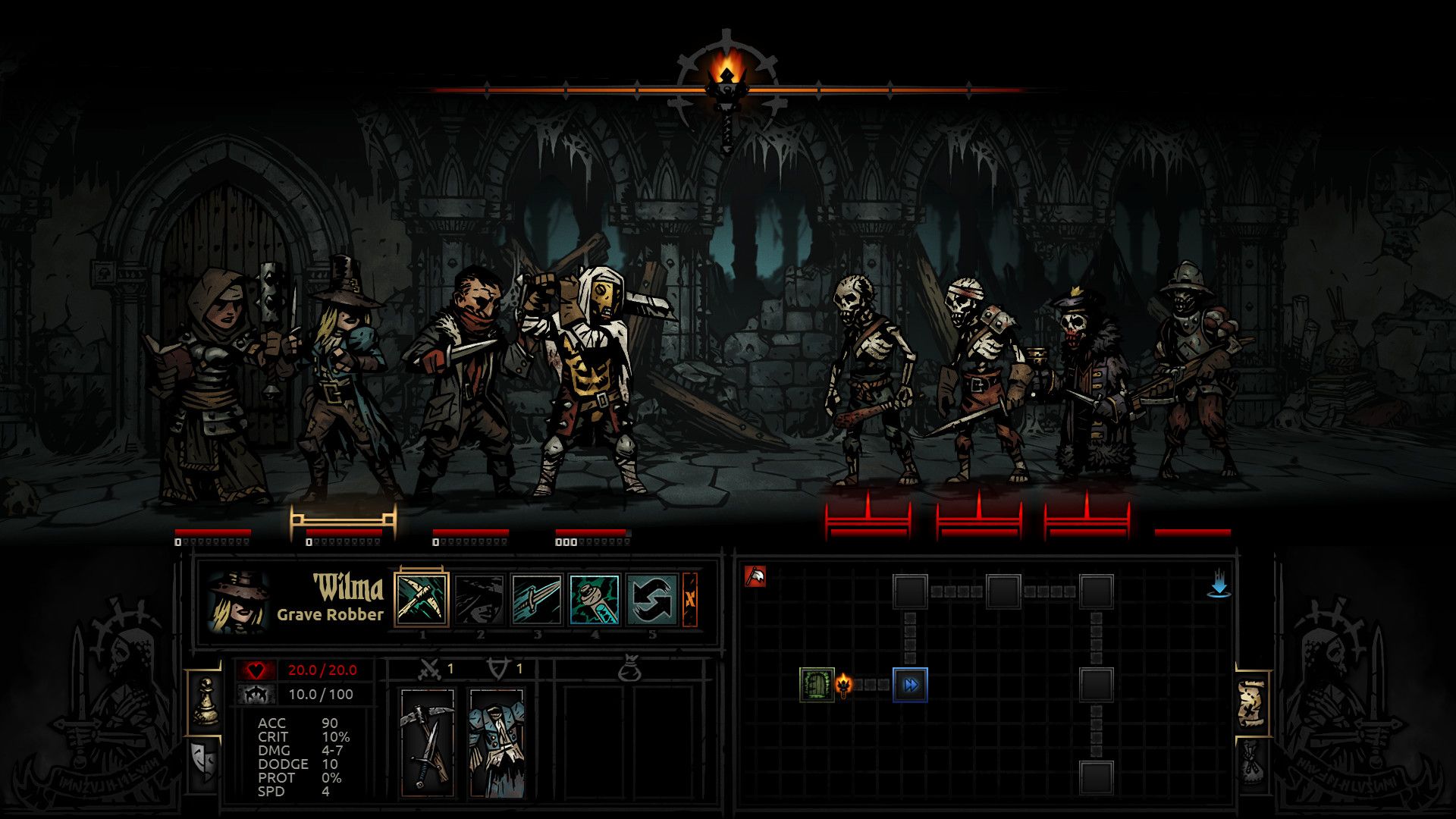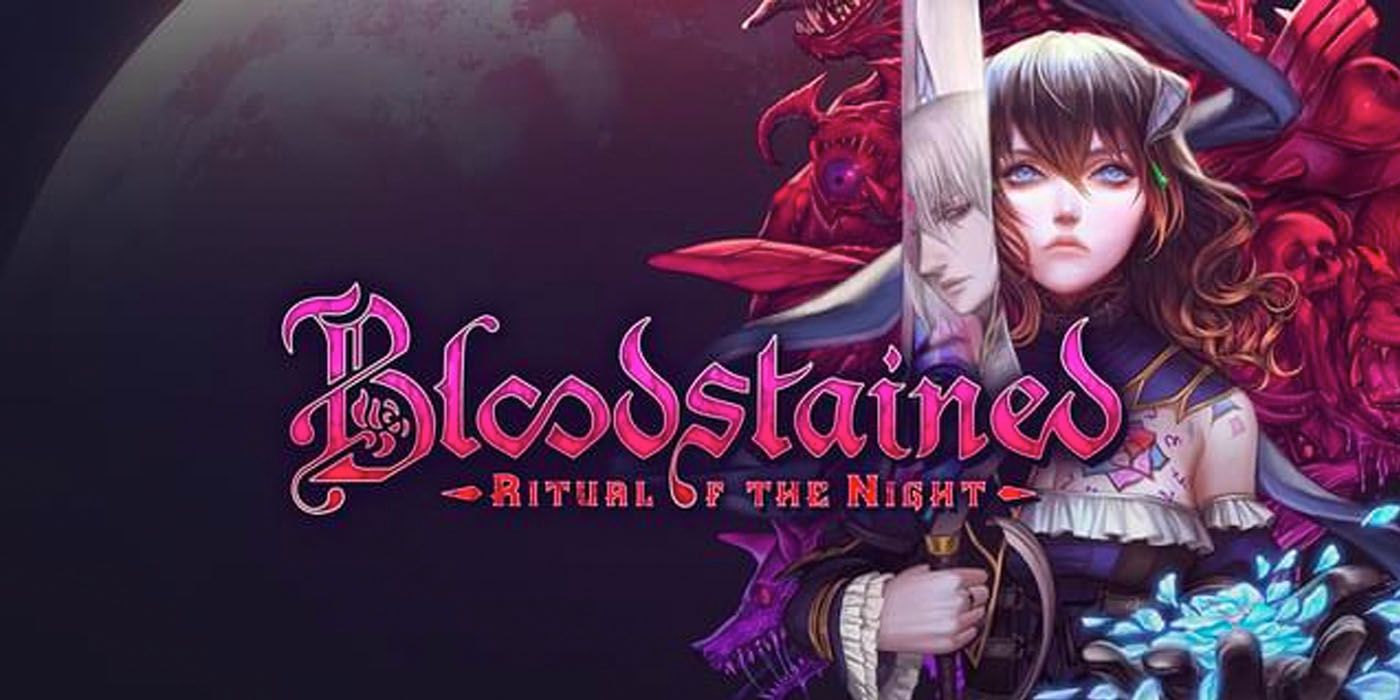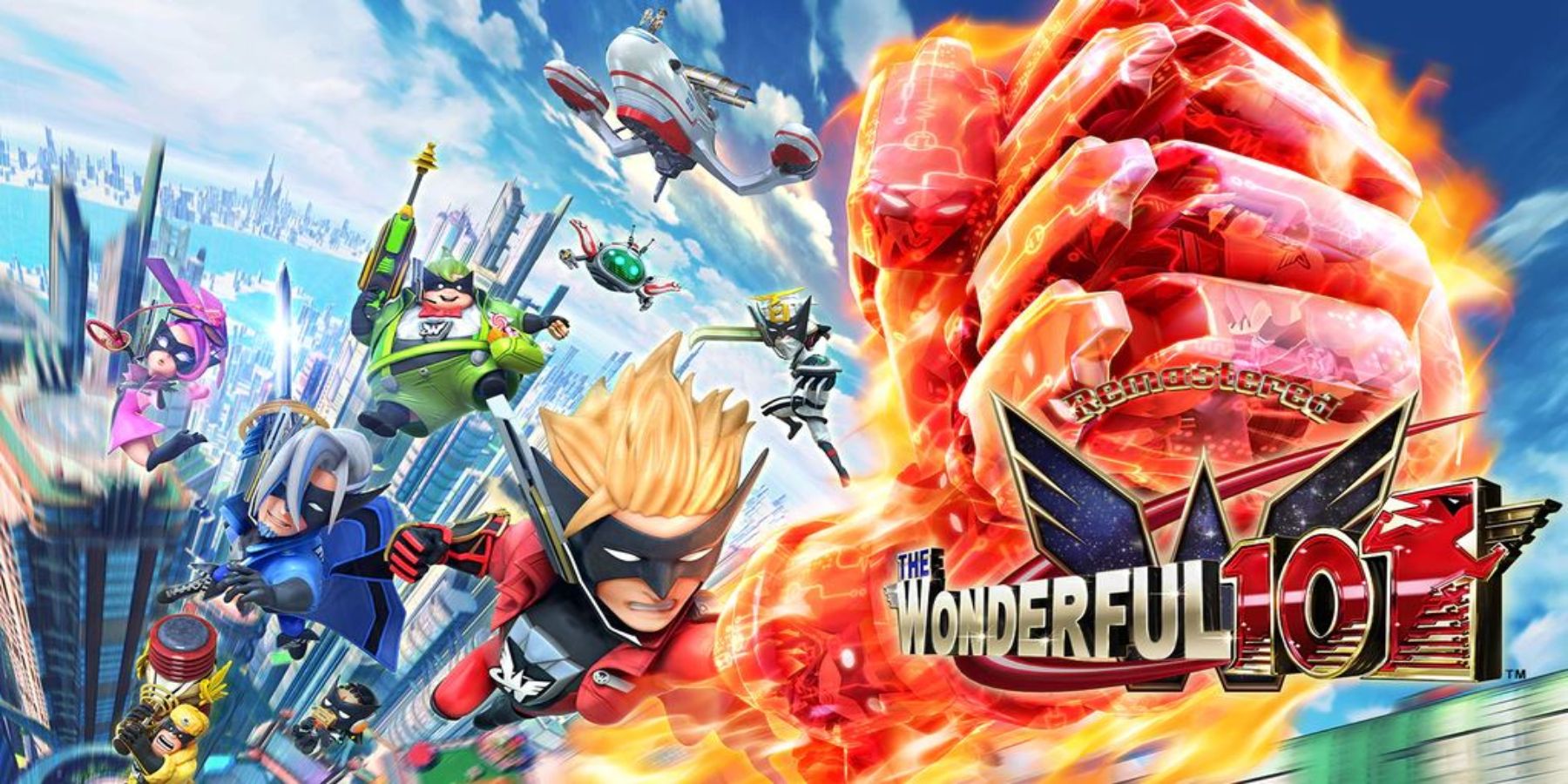AAA Studio EA surprised shareholders when CFO Blake Jorgensen announced that Star Wars Jedi: Fallen Order is expected to sell 10 million copies come March. EA has prioritized multiplayer games over the last several years, so the incredible success of a single-player game comes as a surprise to them. With that in mind, it seems that EA executives might not realize what gamers want.
Of course, if AAA Studios paid attention to the increasing success of independent games funded by Kickstarter, they might have realized that there is an increasing demand for smaller-scale games in genres they wouldn't dare develop games for. Major game studios appear increasingly out of touch with what players actually want to play. Perhaps by examining the success of some major Kickstarter titles, it'll become more clear what about big budgeted games make them feel strangely hollow.
THE SINGLE PLAYER EXPERIENCE
One very noticeable element to a lot of Kickstarter games is that they prioritize the single-player experience, something AAA Studios increasingly devalue. When Overwatch hit the market, players across the board all wanted a single-player mode, one that wouldn't be provided to them until the announcement of Overwatch 2. Games like Call of Duty are being marketed for their multiplayer experience and not their single-player one.
This practice is in part because multiplayer games have a long period of player retention, as well as the possibility of additional downloadable content. Consider, for example, the practices pushed by Bethesda in order to financially exploit players of Fallout 76, a game that is literally a multiplayer version of a single-player game they already released, with a lot of bugs and problems added into the mix. Add to that EA's tendency to add microtransactions, and one can see that studios prioritize producing a game that can offer continual and prolonged engagement.
Contrast that to the success single-player games have had thanks to Kickstarter, including Darkest Dungeon. Even games that later gained a multiplayer mode like Shovel Knight are ones that primarily focus on the single-player experience first, only to later develop beyond that. That kind of experience, for many, drew players in.
FAUX NOSTALGIA AND DEAD GENRES
While Mighty No. 9 might elicit groans and proclamations of disappointment today, at the time of its release, it was one of the biggest crowdfunding successes at the time, drawing in $3.8 million. This is because of the disappointment felt by fans the world over when Capcom canceled all of their Mega Man titles. Capcom no doubt listened to fans since they have since released multiple successful Mega Man games that have been received far better than Mighty No. 9, but this establishes something vital about Kickstarter games: the appeal of nostalgia and "dead" genres.
Many major studios focus entirely on the current trends of the industry, without really looking to see if gamers enjoy those trends. If every studio hyperfocused on what one particular audience wants, there are several other groups with their own interests that will feel neglected. JRPG fans and SNES inspired platformer fans aren't going to find much to enjoy about games such as Fortnite, for example.
Metroidvania games have found massive success on the Kickstarter platform, most notably with Bloodstained: Ritual of the Night, a game designed to capitalize on the nostalgia of the franchise by one of its originators: Castlevania producer Koji Igarashi. What's notable about Bloodstained, in particular, is that it is a sequel to an IP that a major studio, Konami, already owns, but is doing nothing with. There is a built-in audience for a franchise, but Konami knows they'll make more money producing cheap pachinko machines rather than a satisfying game.
Konami demonstrated they really don't care what fans want when they canceled Hideo Kojima and Guillermo del Toro's Silent Hills in order to make a cheap pachinko machine with Silent Hill's logo plastered on it. If studios don't produce games the fans want, the fans will make it themselves. Consider, for example, just how many fan-made remakes and reiterations exist of Silent Hills' playable trailer, P.T.
STUDIO POLITICS
A recent remaster of the Wii U game The Wonderful 101 was crowdfunded after Nintendo passed on funding the remaster themselves. The reason for this was that PlatinumGames, the developers of The Wonderful 101, wanted to release the game to consoles other than just the Nintendo Switch, while Nintendo wanted the game to be an exclusive for their console. This is an example of company politics not lining up with the needs of developers, which results in games not being released or being released in an unpolished fashion.
Sometimes, the reason Kickstarter is the best option for developers is because it's a means to get games out there without relying on dealing with the political system of the publishing world. It sometimes can be chalked up entirely to business, which results in good games never making it to shelves -- except with the help of crowdfunding.




